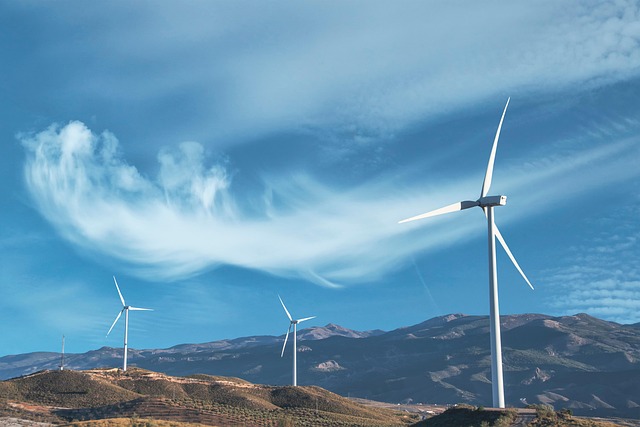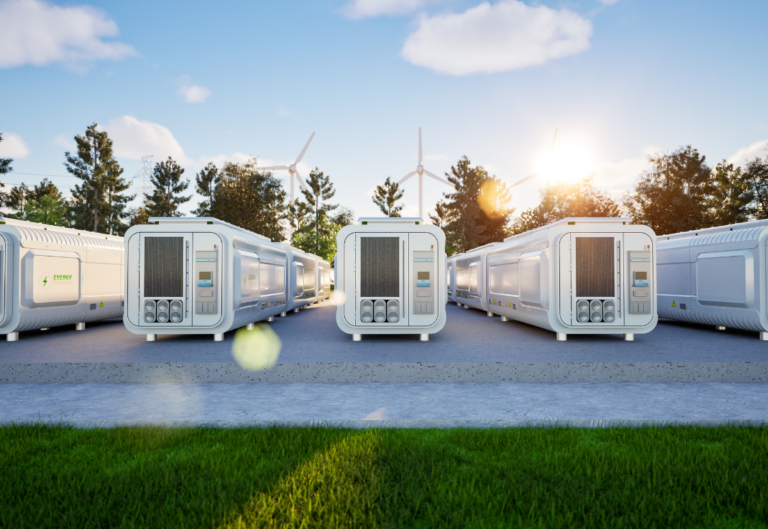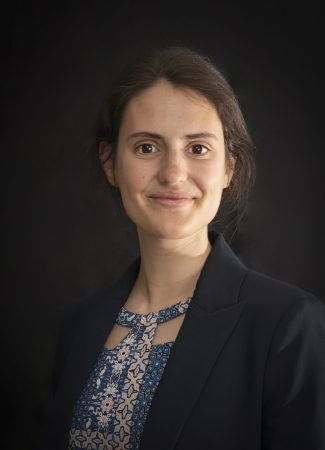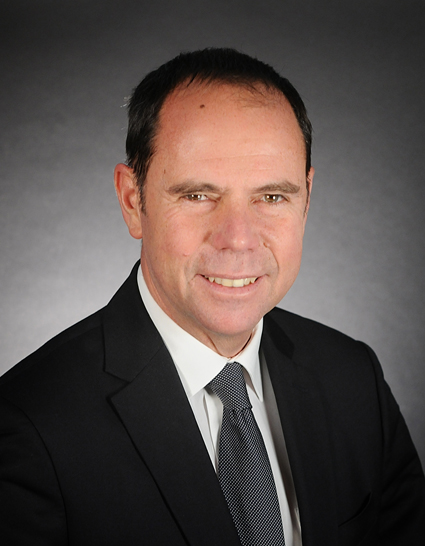December 2019 saw the publication of an impressive number of texts regarding the natural gas sector regulation in France… After the Energy Regulatory Commission (CRE) deliberated on transmission and storage tariffs proposals effective 1 April 2020 (ATRT7 and ATS2), as well as the distribution tariffs proposals effective 1 July 2020 (ATRD6) – all applicable for the next four years – the government published the decision concerning natural gas consumption interruptibility, as well as a decision specifying the maximum total volume of guaranteed interruptibility contracts, on 19 December.
These decisions are the result of a long process, initiated by the Energy Transition and Green Growth Act (LTECV) of August 2015… It took over four years of drafts and successive turnarounds to reach the publication of these texts! But is this really the last word in this saga?
Not really… Indeed, the CRE took care to specify, in its ATRT7 deliberation of 12 December, that it ‘considers that extending the collection basis of the storage compensation tariff component to include customers connected to the transmission network is desirable provided that the interruptibility schemes described in Articles L. 431-6-2 and L. 431-6-3 of the energy code are implemented. The CRE underlines that, once the applicable regulatory texts on interruptibility have been published, it will take a minimum of 12 months to ensure the contractualisation of interruptible capacities for network users.’
Another year of waiting, then… and with the ATS regulation taking effect every year on 1 April, the objective will now be to avoid missing the deadline of 1 April 2021!
In the meantime, a succinct summary of the decisions in question might be helpful:
- Guaranteed interruptibility
Guaranteed interruptibility can be contractualised by transmission system operators (TSOs) only, with approved natural gas consumers, up to the limits of volumes to be contractualised set by the decision of the minister in charge of energy. A A natural gas consumer connected to a transmission network undertakes to offer to the network’s operator, throughout the entire year, the flexibility required to face forced unavailabilities of gas supply in exchange for a compensation, and TSOs (GRTgaz and Teréga) are putting out calls for tenders. The other decision published last December specifies the maximum total volume of these interruptibility contracts, set at 48,000 MWh per day for contracts entered into by GRTgaz, and 2,000 MWh per day for contracts entered into by Teréga. This is half as much as was foreseen in the draft decision submitted to the French High Council on Energy (CSE) in July 2019, while the draft of the Programmation Pluriannuelle de l’Energie [multi-year energy programme] (PPE) recommends 200 GWh/day in 2023 as its target for developing the interruptibility of natural gas consumption…
So there’s still some room for manoeuvre! By the same token, as regards the levels of remuneration (under a call for tenders), the decision specifies: ‘the request for compensation must be less than or equal to 80 euros per megawatt-hour per day per year of interruptible capacity.’ This is a low level, set ex-ante, that corresponds to the estimated cost of a similar service provided by potential strategic storages…
- Secondary interruptibility
Secondary interruptibility contracts are an additional scheme, less constrictive and more widely accessible than the first one, which allows TSOs as well as DNOs to contractualise interruptible capacities, this time without remuneration.
Open to all sites (including District Heating), ‘secondary’ interruptibility will, on the other hand, allow approved sites to be exempt from storage compensation.
In terms of Distribution, this approach will replace the current PUG (gas emergency plan) and load shedding mechanism. It will be implemented on 1 April this year. As for Transmission, all of the sites are currently exempt from storage compensation. But in its recently-published ATRT7 decision, the CRE stated: ‘The CRE considers that extending the collection of the storage compensation tariff component to include customers connected to the transmission network is desirable provided that the interruptibility schemes described in Articles L. 431-6-2 and L. 431-6-3 of the energy code are implemented.’ So now it’s a done deal!
- Storage Contribution for all?
In principle, extending storage compensation to sites in the context of Transmission will occur before 1 April 2021. Even if the CRE plans to change the definition of winter modulation for subscription customers to a formula based on the difference between average winter consumption (and not daily capacity, corresponding to peak consumption needs) and the average annual consumption of these customers, the extension of storage compensation to transmission sites promises to be problematic for many sites that will be unable to declare themselves available for ‘secondary’ interruptibility, particularly CCGTs.
However, Article 26 of the new interruptibility decision offers an interesting alternative to electricity producers:
‘The elegible consumer for a consumption site connected to the gas transmission network using natural gas to produce electricity may decide to opt for alternative interruptibility modalities if the secondary transmission interruptibility scheme is activated on a gas day, within the meaning of the EU Commission Regulation (EU) no. 312/2014 of 26 March 2014 mentioned above, in line with the peak period PP2 mentioned in Article R. 335-1 of the energy code.
With these alternative modalities:
- The consumption of the site connected to the gas transmission network using natural gas to produce electricity between 6:30 a.m. and 8:30 p.m. on this gas day is less than or equal to the firm capacity subscribed for the transmission of gas to the point of delivery to which the consumption site is connected;
- The consumption of the site connected to the gas transmission network using natural gas to produce electricity during the remainder of the gas day is less than or equal to the maximum of the following two values: [a] 5% of the firm capacity subscribed for the transmission of gas to the point of delivery to which the consumption site is connected and [b] the difference between this firm capacity subscribed and the interruptible capacity under contractual obligation multiplied by 2.1.’
The contribution of electricity producers to replenishing the linepack – the volume of gas that can be “stored” in a gas pipeline – overnight (outside peak hours) has therefore been recognised!
It should be noted that the Short-Notice Interruptible Transmission (IAPC) tariff option, which currently benefits certain gas-fired combined-cycle power stations (CCGTs), will be terminated on 1 April 2020… With an estimated annual cost of this loss in the order of €1.7 M per 400 MW power generation unit, we can expect to see the power stations concerned putting pressure in order to benefit from the provision included in the IAPC tariff option until this point, that being ‘the termination of this optional offering is subject to a minimum notice period of four years.’ The saga continues…
Philippe Lamboley






